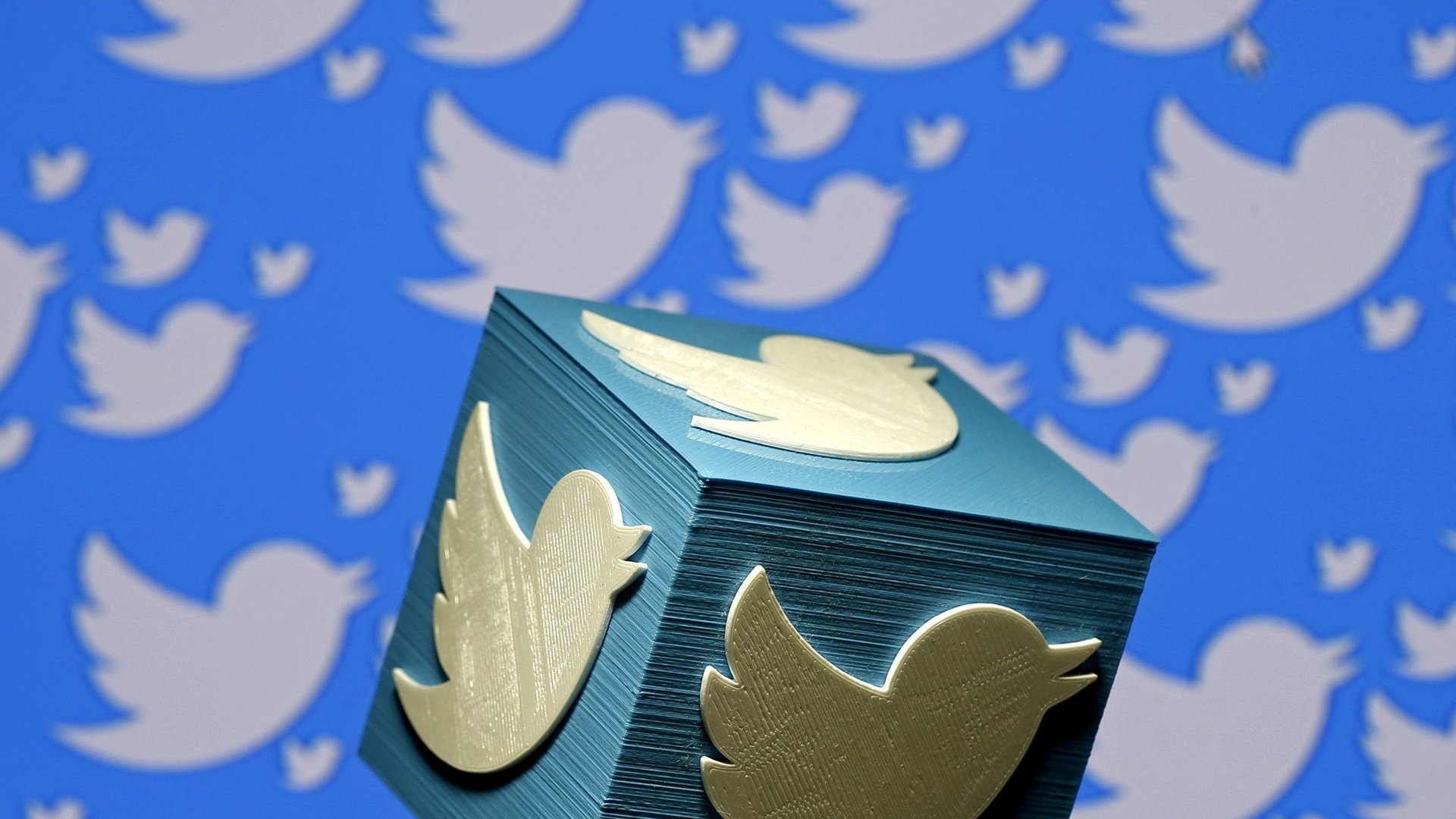These are the African countries that have demanded account information from Twitter
Five African governments made legal demands to Twitter to produce account information in the second half of last year, up from four in the previous half, a new report by the social networking service shows.


Five African governments made legal demands to Twitter to produce account information in the second half of last year, up from four in the previous half, a new report by the social networking service shows.
Kenya, Egypt, Morocco, Tunisia, and the Democratic Republic of the Congo were among 71 countries worldwide that made information requests to Twitter during this period. Together, the African countries made a total of eight requests, with Kenya’s accounting for half of these. Twitter did not comply with any of them.
The report categorizes the demands as routine requests, which compel Twitter to submit account information; emergency requests, which are about the imminent threat of death or serious physical injury to a person; and preservation requests, which require Twitter to maintain account data pending issuance of a legal process to obtain the data.
African governments have used internet shutdowns, social media bans, and taxes to silence dissent
There are some countries that are conspicuously missing from the list, but it is likely because African governments have more effective tools at their disposal when they want to silence dissent: internet shutdowns, social media bans, and taxes.
Social networking services such as Twitter and Facebook are regularly in the government spotlight for material that’s published on them. Some African governments shut down the platforms especially during elections and protests. More than half of African countries have blocked access to social media platforms since 2015, according to a study by Surfshark, a privacy protection company.
In one of the most recent cases, Nigeria suspended Twitter indefinitely last month after the social media site deleted a tweet by president Muhammadu Buhari appearing to threaten violence against a secessionist group.
Mobile social media penetration in sub-saharan Africa is at 11% and in most African countries, Twitter ranks sixth in usage after Whatsapp, YouTube, Facebook, Instagram, and Facebook Messenger, according to datareportal.
In total, Twitter received 14,561 information requests from governments around the world in the second half of last year and took action on more than 3 million accounts during this period.
Globally, Twitter saw a 15% increase in information requests compared to the first half of 2020, with the top requesting countries being India, the US, Japan, and France.
The social media site has now received government information requests from 11 African countries and 96 globally since 2012.
Sign up to the Quartz Africa Weekly Brief here for news and analysis on African business, tech, and innovation in your inbox.